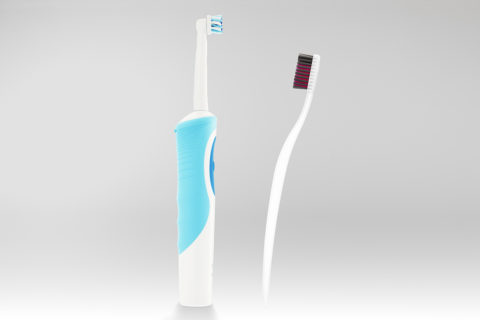What is a Dental Emergency?
What exactly is a dental emergency? Is it different for kids and for adults? If your child is experiencing mouth pain, how do you know if you can wait until normal office hours or if you should seek help immediately? In this post, we want to answer some common questions about dental emergencies and give you some first aid tips.
What is a dental emergency?
Dental emergencies include knocked out teeth, teeth shifted out of alignment, damage to mouth tissues (lips, cheeks, tongue, etc.), or fractured teeth.
If you are not sure whether the situation facing you is a true dental emergency, answer the following questions:
- Are you bleeding from the mouth?
- Are you in severe pain?
- Do you have any loose or missing teeth?
- Have you been hit in the face or mouth?
- Do you have any swelling in the mouth or facial area?
- Do you have any bulges, swelling or knots on your gums?
These questions hold true for both adults and children, so if you’re trying to assess your child’s needs, you can ask the same questions. If the answer to any of the questions is yes, then contact your dentist! The on-call staff member will be able to help you decide whether you should head to the emergency room immediately or will help you schedule an appointment as soon as possible.
We’ll pause here to say that, if the crisis is a medical emergency, then call 911 instead.
What can I do right away?
In the case of teeth that have been knocked out, fractured, and jarred out of alignment, getting prompt dental care (ideally within 30 minutes of the accident) can save the tooth and allow it to reattach without long-term damage.
If the tooth is just loose, try to keep it in place. It might help to bite down gently on some gauze. If the tooth is all the way out, keep it wet–in a small container of saliva or cold milk. You can rinse off any dirt or debris with water, but don’t put the tooth under tap water for more than a few seconds, since that can damage the nerve endings.
A chipped tooth can usually wait until normal dentist hours, but a cracked or fractured tooth often indicates damage to the inner tooth as well and needs immediate attention.
Don’t apply any painkillers (such as aspirin or Orajel) directly to the mouth or gums, because the intensity can actually burn the vulnerable tissues. Use cold compresses instead to reduce the pain and swelling until you can get dental care.
If you have further questions, please ask us!


